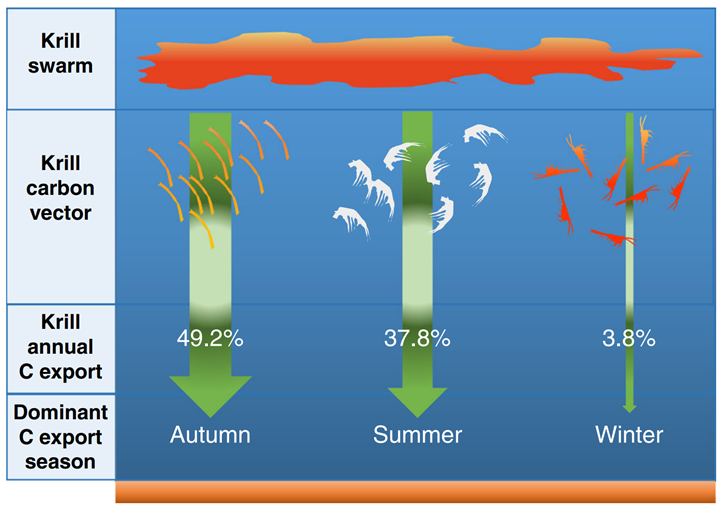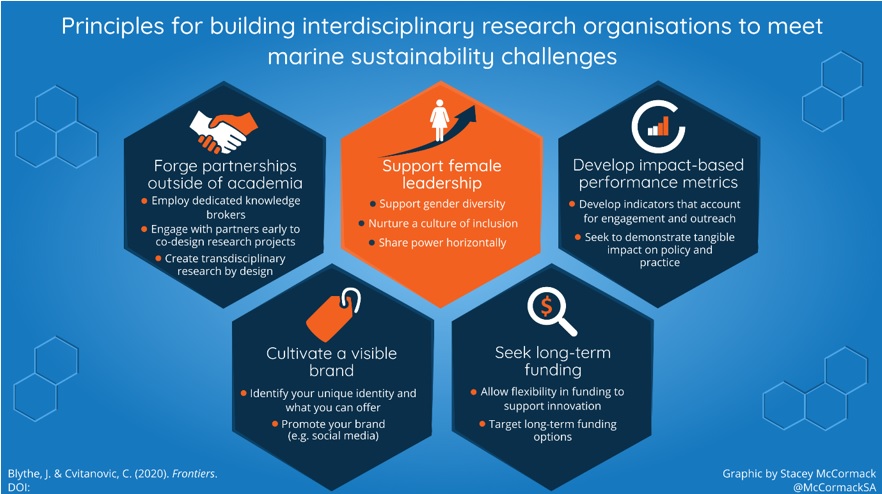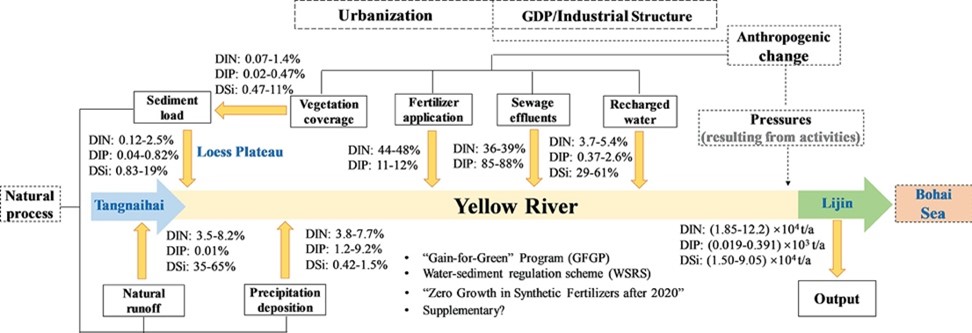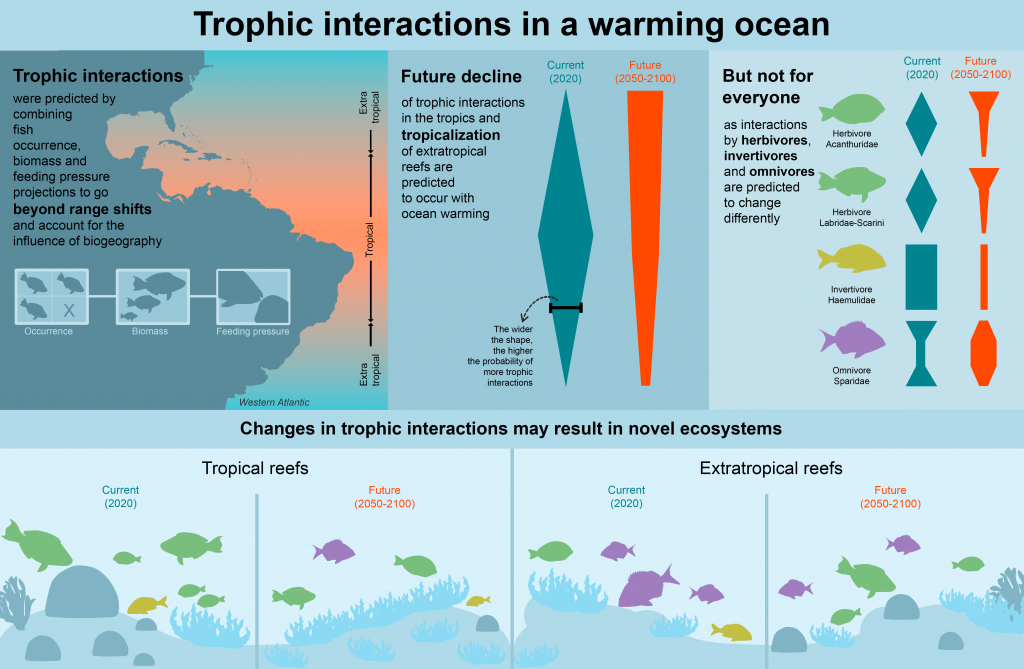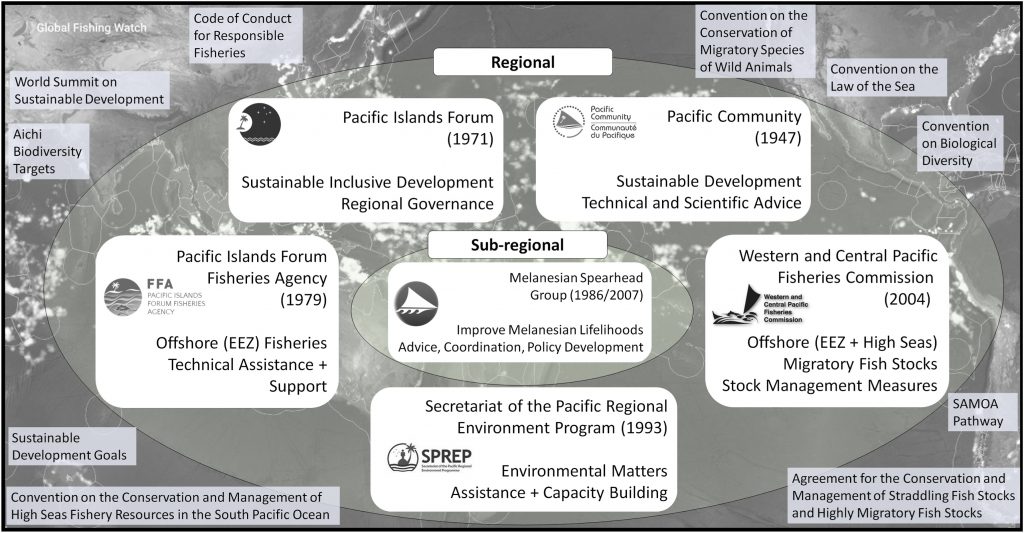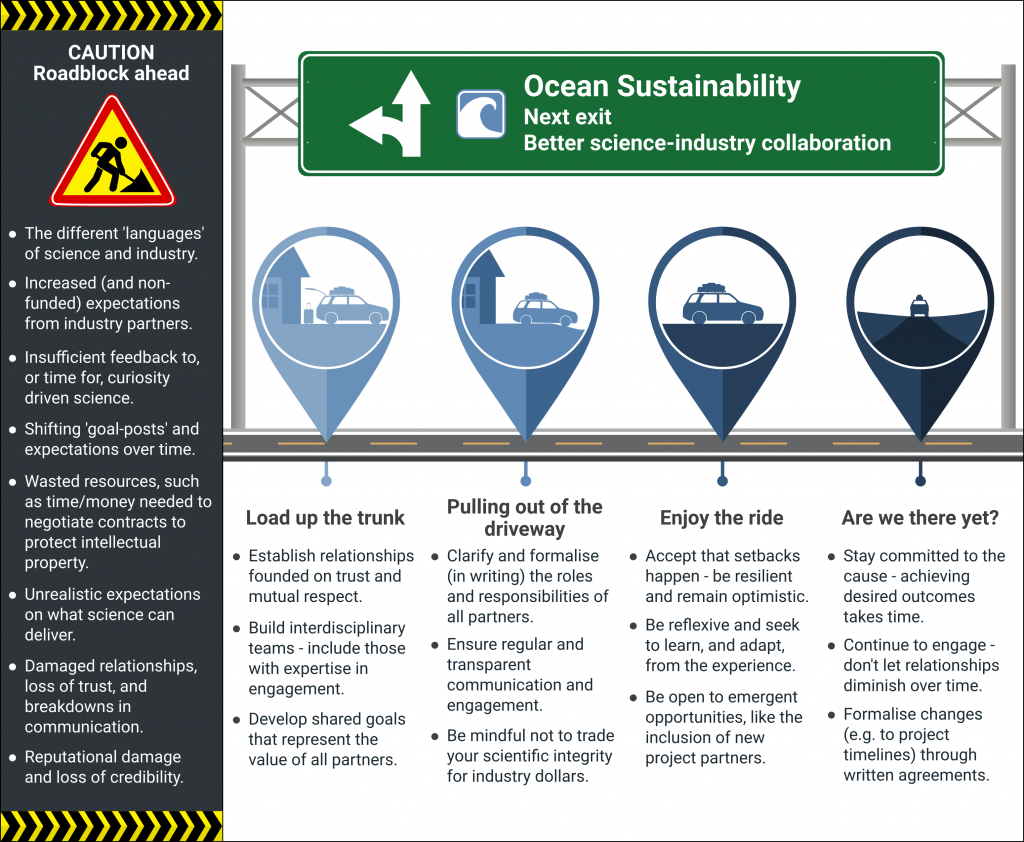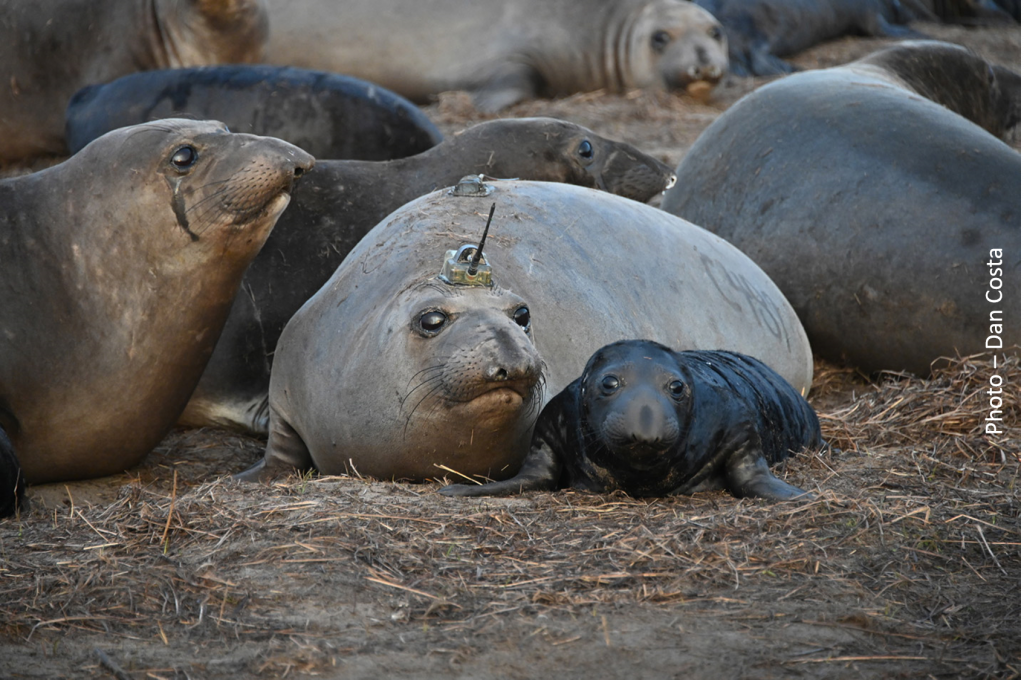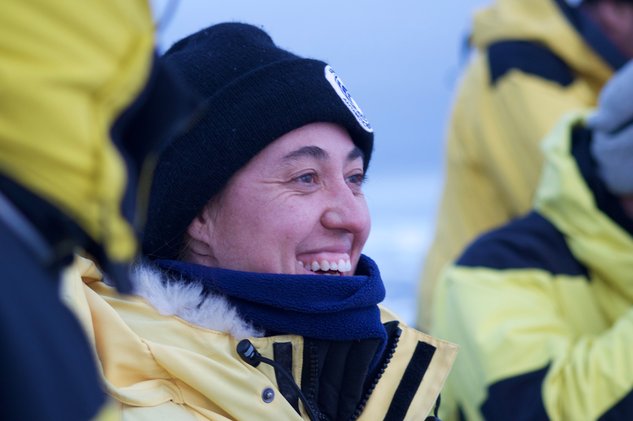Fostering Global Science Networks in a Post-COVID-19 World
Authors: Alistair J. Hobday, Carol Robinson, Eugene J. Murphy, Alice Newton, Marion Glaser, and Stephanie Brodie Disruptions to global science networks have followed COVID-19 restrictions. Rather than wait for a return to normal, the authors propose in the newly published paper in Oceanography four areas that can ensure a productive and collaborative future for marine…

